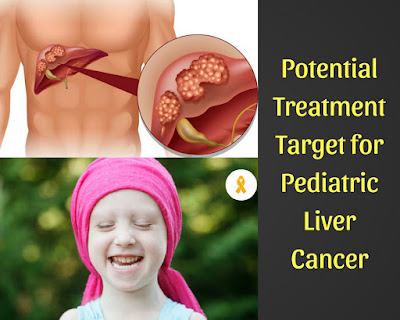A broccoli a day keep the cancer doctor away
"Mothers are right after
all, eating vegetables is important."
Colorectal
cancer is one of the most common cancers in the world, particularly the
developed world. In spite of the fact that the 5-year survival rates for
earlier stages of this cancer are moderately great, at later stages survival
goes down and the chance of cancer repeat goes up significantly. A way to turn
a humble cocktail of microbes and vegetables into a focused on framework that
looks for out and kills colorectal cancer cells has been found. Engineered
probiotics can target and kill colorectal cancer cells in the nearness of a
substance have been found in a few vegetables.
Bacteria
have been intended that particularly targets colorectal cancer cells and
converts a constituent in a few vegetables into an anticancer agent. The system
decreased the number of tumors by 75 per cent and shrank the remaining tumors by
triple of colorectal cancer. At the heart of this cancer-targeting framework is
an built frame of E. coli Nissle, a harmless sort of bacteria found in the
intestine. Utilizing genetic procedures, the group designed the bacteria into a
probiotic that joined to the surface of colorectal cancer cells and secreted an
enzyme to convert a substance found in cruciferous vegetables (like broccoli)
into a strong anticancer agent. The idea was for the cancer cells in the region
to take up this anticancer agent and be killed. Typical cells cannot do this
transformation, nor are they influenced by the toxin, in this way the framework
ought to be focused on only to colorectal cancer cells therefore, probiotics
and veggie combo diminishes the tumour
number by 75% with colorectal cancer.
One day, colorectal cancer patients
may be able to take the probiotics as a dietary supplement along with their
broccoli to prevent colorectal cancer or to reduce recurrence after cancer
surgery.
17th
International Conference on Gastroenterology and Hepatology is slated during
September 03-04, 2018 in Dubai, UAE.
For more
details:
Anna
Harper
Program
Manager




Comments
Post a Comment